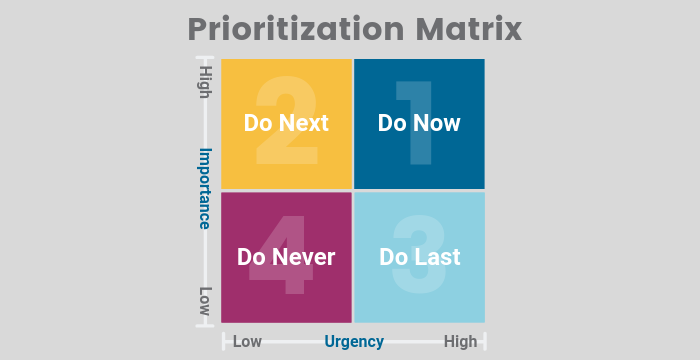Guide to Employee Retention in Healthcare
Whether your practice has been treating patients for years or you are just getting started, you need great employees in order to be successful. Failing to keep high performers can leave your practice understaffed, with a less qualified workforce, and ultimately hinder your ability to provide quality patient care. In fact, the cost to replace a highly-trained employee can exceed 200% of their annual salary!
We understand that replacing employees and hiring new healthcare professionals is expensive. And the cost of doing business in healthcare continues to rise, as reimbursements continue to fall. That's why having a focus on employee retention in healthcare is essential for any organization in the industry that wants to remain competitive, reduce employee turnover, and stay appealing as an employer.
How do you keep your staff happy without drastically increasing costs? And how to retain employees in healthcare? Let's explore healthcare retention strategies for hospitals and other healthcare organizations below.
Create a Sense of Community
The more support your employees feel from each other, the better they will work together. Happy healthcare workers who like to spend time together are a key part of employee retention in healthcare. If patient scheduling and time permits, encourage your staff to eat lunch together by creating a comfortable communal area with snacks, coffee/tea, and water. Hold opportunities for staff to get to know one another outside of work by having events like family picnics, holiday parties, or potlucks a couple of times a year. When looking for creative ways to retain healthcare workers, you will often find that a sense of community can go a long way in swaying people to stick around for longer.
Huddle Up
Take a few minutes once a day or on a weekly basis to have a “staff huddle” to share stories, recognize employees, and get to know each other on a more personal level. This is also a great time to ask for feedback and insight from your staff and ensure that everybody is aligned around shared priorities, patient needs, and practice goals. This will not only help ensure that everyone is working towards the same goal, but also help prevent burnout in people who may be overwhelmed with their workload — making it extremely useful as a healthcare employee retention strategy.
Encourage Staff to Take Time Off
The best way to recharge is to take time off. While giving all your employees a week off during your busy season is not realistic, encourage your staff to take a day off when they need it. Create a culture where the staff is encouraged to support each other and take care of themselves. Employees shouldn’t feel guilty about using PTO; they’ve earned it! When figuring out how to retain healthcare employees, you can dramatically reduce turnover by getting ahead of burnout and allowing your staff to recuperate. When it comes to employee retention, healthcare institutions are often at fault for overworking their employees, so you need to take a different approach if you want people to remain happy and motivated.
Student Loan Repayment Assistance
A growing trend in healthcare is offering a program to provide financial assistance to help your staff pay off their student loans. Including this program in your benefits package is a great way to attract and retain recent college graduates. In fact, according to Forbes, “student loan repayment is the hottest employee benefit of 2018.” When thinking about long-term employee retention in healthcare, taking care of student loans might be one of the best strategies out there for attracting and retaining top talent.
Offer Personal and Professional Development
Besides financial compensation, growth is one of the biggest driving factors of successful employees. Give your staff the opportunity to grow by offering seminars, trainings, book clubs, medical certifications and more. Personal and professional development opportunities are significant drivers of employee engagement and employee retention in healthcare.
A happy staff is a more productive staff, and a more productive staff provides better patient care, which ultimately leads to an improved patient experience. Use these tips to get started and you’ll notice the positive impact it can have on achieving your overall business goals.
To learn more about how to improve your private practice, check out our ebook, “How to Improve Patient Care Through HR Excellence.”









